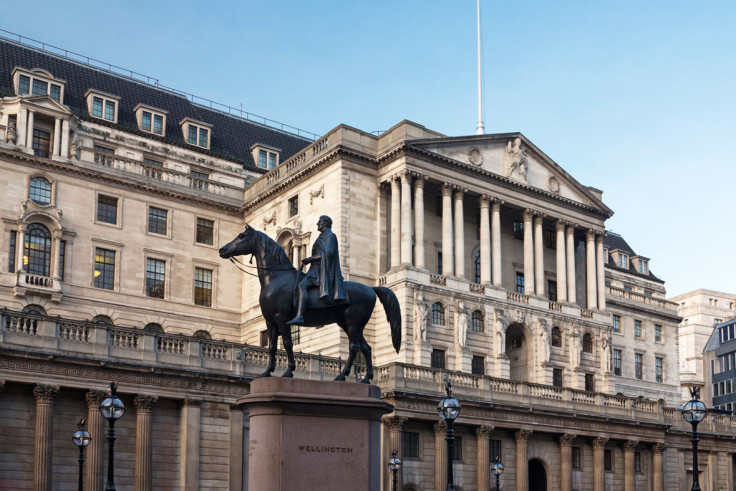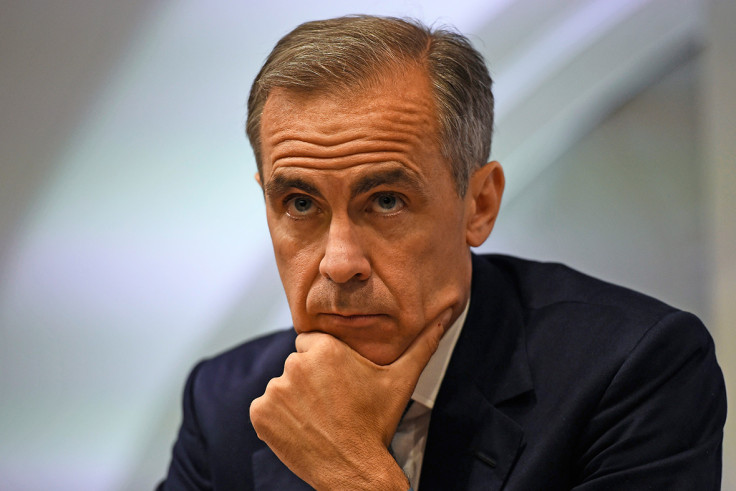Bank of England seeking 'new opportunities' to meet growing FinTech demand in UK
The BoE needs to 'do more to meet the growing demands of consumers'.

Following the launch of the UK's FinTech Accelerator programme, the Bank of England (BoE) has said it remains committed to looking at the opportunities that can be gleaned from the increased adoption of digital currencies and blockchain technology.
Speaking during at the P2P Financial System conference in London this week, Victoria Cleland, the chief cashier of the BoE, discussed the central bank's efforts in developing financial technology and admitted there is scope for the bank to "do more to meet the growing demands of consumers."
"Distributed ledger technology (DLT) is still in its infancy, and there are numerous questions that need exploring. The Bank has already undertaken a proof-of-concept using this technology and we are looking for new opportunities through our FinTech accelerator," she said.
The conference, which brought together banking regulators, academics and technologists, also heard how expectations on digital transformation in the UK FinTech sector are greater than ever before.
"There is a high expectation that the latest wave of FinTech activity will be transformative, with considerable activity expected not least around distributed ledger technology (DLT)," Cleland said. "[But] some of the most recent changes have been more tactical, and focused on enhancing the customer experience, while leaving the core structures unchanged. We have yet to see the paradigm shift."
Yet this shift, this changing of the financial zeitgeist, may soon be reality. "There are projects underway that could reshape the trading and settlements landscape," Cleland said. "Some have suggested that new crowdfunding and peer-to-peer deposit and lending schemes could disintermediate incumbent banks."
The UK government has estimated that its FinTech sector generated a whopping £6.6 billion in revenue in 2015 alone. One report released this year found the sector attracted £524m in investment last year and currently employs a 60,000-strong workforce. According to Cleland, up to 80 central banks around the world are predicted to launch DLT projects by 2017.
This drive, the Bank of England official said, means the UK's biggest financial institution needs to remain a leading authority in FinTech – however Cleland warned its key foundations of "providing monetary and financial stability" for the UK public cannot be ignored.
"We need to understand what FinTech means for the entities we regulate, how it might impact the overall safety and soundness of the financial system, and how it could alter the transmission mechanism for monetary policy. And of course for our own operations, through which we implement those policies," she said.

The political concerns
While the financial opportunities – at least on the proof-of-concept level - have been lauded by some policy makers in government, others remain sketchy on the fine details about how digital disruption of the traditional financial system will work in practice.
Mark Carney, the governor of the Bank of England, previously addressed this topic in an ultimately cancelled speech back in June.
He said the institution is openly exploring blockchain technology however admitted that any concept of a central bank-issued digital currency is unlikely to happen in the immediate future.
"The great promise of distributed ledgers for central banks is their potential to enhance resilience," he wrote. "Distributing the ledger means multiple copies of the system. It can continue to operate if parts get knocked out. That removes the single point of failure risk inherent in a centralised system."
Despite this, he added that "the prospect of a central bank digital currency for the UK [is], in my view, still some way off." He added: "With time, FinTech could mean a more open, more transparent, and more democratic global financial system." The speech was abandoned at the time in favour of a memorial following the tragic death of Jo Cox MP.
The UK's FinTech accelerator programme was launched this year in partnership with a number of financial technology firms in order to combat the many challenges faced by a shifting digital landscape. "The accelerator will work with new technology firms to help us harness FinTech innovations for central banking," the project's website states.
© Copyright IBTimes 2025. All rights reserved.






















